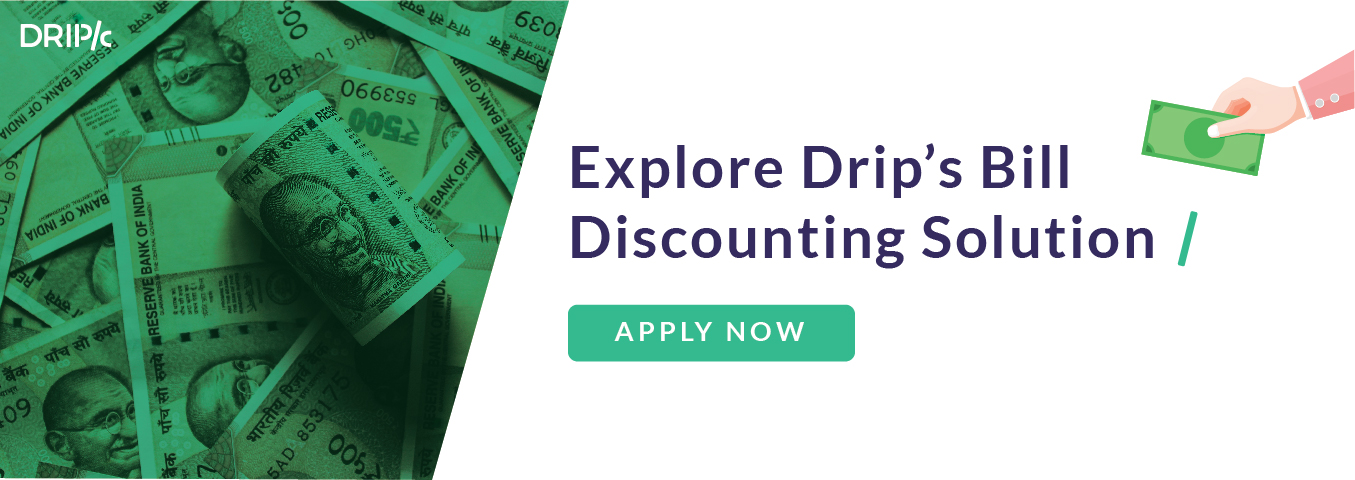The CFR incoterm is a universal trade term used internationally, and is one of the recently reviewed publications by the ICC under Incoterms 2020. CFR stands for Cost & Freight terms, specifically used for sea and ocean freight transits and more precisely, used for bulk and non-containerized cargo. For containerized cargo, one may use the CPT incoterm instead.
Under CFR shipping terms, though the seller is responsible till the named place of port, the risk of goods is transferred to the buyer once the goods are loaded onboard, i.e., before freight proceeding. The buyer is responsible for all payment charges after the designated port, including insurance coverage of goods.
Additionally, unlike the CIF incoterm, which requires the seller to provide insurance coverage, in CFR the seller has no such obligatory commitments.
Shipping Terms in CFR

- The seller is responsible for the delivery of goods till the designated port
- The risk of goods is transferred at the first port (i.e., exporting country’s port)
- Insurance and carriage proceedings are carried out by the buyer
- All charges after the target port are borne by the buyer
Seller’s Responsibilities
Cost
Payments borne by the seller include:
- Maintenance charges, for holding goods in the warehouse
- Inland charges, for loading goods and carrying them till the designated port
- Depot charges, for terminal proceedings and duty charges
- Documentation charges, for preparing all the necessary documents
- Export customs charges, for carrying out customs proceedings
- Freight charges, for delivering goods through the shipping process, till the designated port
Freight
The seller pays freight charges in CFR. He stays liable for inland transit from the warehouse to the first port, i.e., the exporting country’s port, and later for the carriage proceeding from the first port to the second port, i.e., the importing country’s port.
Risk Transfer
Although the seller is liable for the delivery of goods till the designated port, he is not responsible for the risk of goods after the first port. The risk of goods is transferred to the buyer as soon as the goods are loaded onboard by the seller.
As such, any extraneous charges or levies imposed on the goods due to neglect or delays, such as shipping demurrage charges, unforseen taxes etc are to be borne by the importer.
Insurance
Typically, the seller has no obligation to insurance. Though he’s responsible for the delivery, he is not accountable for insurance. However, at the buyer’s risk and cost, he may provide his assistance to insurance or even carry out the coverage procedure.
Duty and customs clearance
The seller will be responsible for export customs proceedings. He has to manage all the necessary documents for export, i.e., packing list, commercial invoice, bill of lading, etc. He’ll make payments such as terminal charges and freight forwarding charges. Also, after the procedure, he’ll hand over those documents to the buyer to carry out the freight proceedings.
Also read: Ocean Freight in International Shipping | The Complete Guide
Buyer’s Responsibilities
Cost
Payments borne by the buyer include:
- Insurance charges, since the whole coverage factor rests with him, and the risk of goods will be carried by him
- Import customs proceedings, including payment for all duties and taxes at the designated port
- Inland transit charges, for transportation from the designated port to the ultimate destination
Freight
The buyer has few activities involved in this process. He has to unload the goods at the dock once delivered by the seller and load them for inland transit till the ultimate place of destination.
Risk Transfer
The risk of goods is moved to the buyer as soon as the goods are loaded onboard by the seller at the first port. Also, the insurance risk stays with the buyer since the initial stage of the trade process. If the buyer fails to guide the seller in reference to the delivery port, the loss will be the buyer's responsibility.
Insurance
As discussed above, the buyer pays for insurance in CFR. He’ll be liable for the goods right from the place of origin. He could perhaps take the seller’s assistance in the analysis process, but if the trade doesn’t go as planned, the seller will not be held responsible for any damage coverage.
Duty and customs clearance
CFR includes import customs duty, which is borne by the buyer. Once the goods are dropped by the seller at the designated port, the unloading of goods rests with the buyer. He’ll be accountable for all the import duties and taxes at the dock port. Likewise, all the local charges and depot charges will be borne by him.
Difference Between CFR and CIF

FAQs on CFR Incoterms
What is CFR in export?
CFR in export refers to a standard set of rules in international trade process that is carried out by two parties from two distinct locations. Under CFR the exporter has to bear the cost and carry out freight proceedings till the goods reach the designated port.
Who controls the CFR?
The International Chamber of Commerce (ICC) controls the rules which are defined under CFR Incoterm. The buyer and seller each have their own set of responsibilities under CFR which they can modify as per their convenience provided both of them agree to it.
Can CFR used be used for air freight?
Officially, the CFR Incoterm is restricted to sea and ocean transit. It cannot be used for air freight.
Is CFR and CIF same?
CFR is quite similar to CIF, excluding the difference that in CIF the seller is responsible for the risk and insurance coverage of goods.
How do you calculate CFR price?
The CFR price is calculated by taking in consideration, the price of goods, labour, packing-labelling, freight insurance, customs, verifications, documentation, duties & taxes, port charges, etc. The seller cannot charge the buyer for shipping costs however he can take it into consideration while arriving at the price for the quote.
Does CFR include custom clearance?
Customs clearance is to be carried out by both the parties at their respective ends - the seller looks after the export proceeding and the buyer looks after import.
Learn More
- EXW Incoterms Meaning | Learn everything about Ex Works
- FCA Incoterms 2020 | Meaning and Shipping terms
- DAT Incoterms 2020 | Delivered At Terminal | Shipping Terms & More
- FOB Incoterms | Meaning and Shipping terms
- FAS Incoterms 2020 | Free Alongside Ship | Meaning and Shipping term
- DDP Incoterms 2020 | Detailed Guide
- DAP Incoterms | What it means in 2020
- Marine Insurance: Meaning, Types, Benefits & Coverage
- FCL and LCL | Meaning & Difference
- Shipper's Letter of Instruction | Meaning, Format & more


